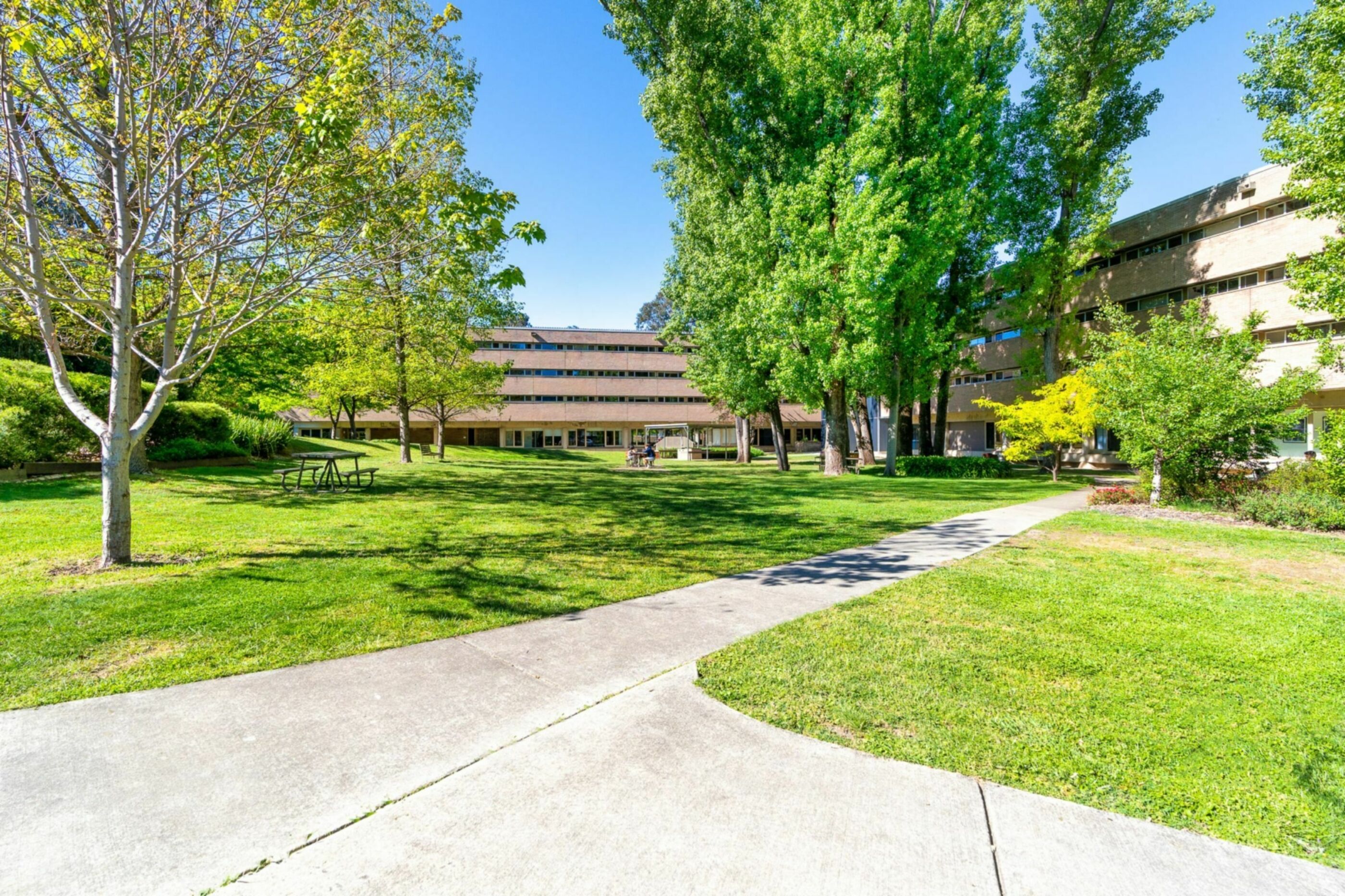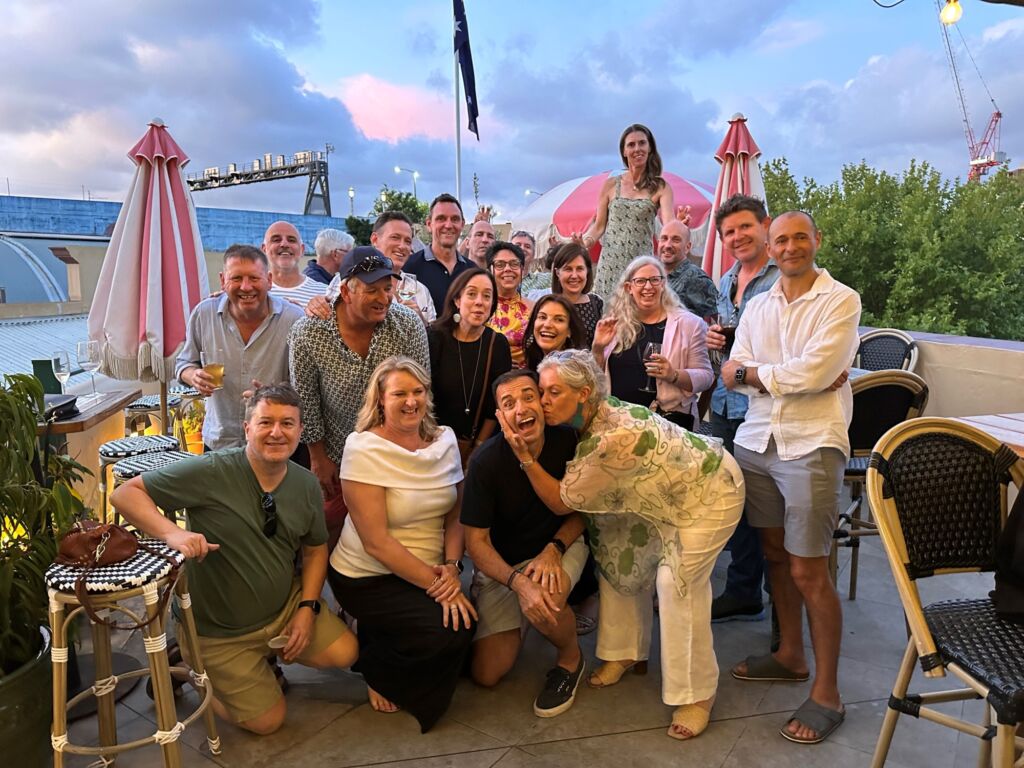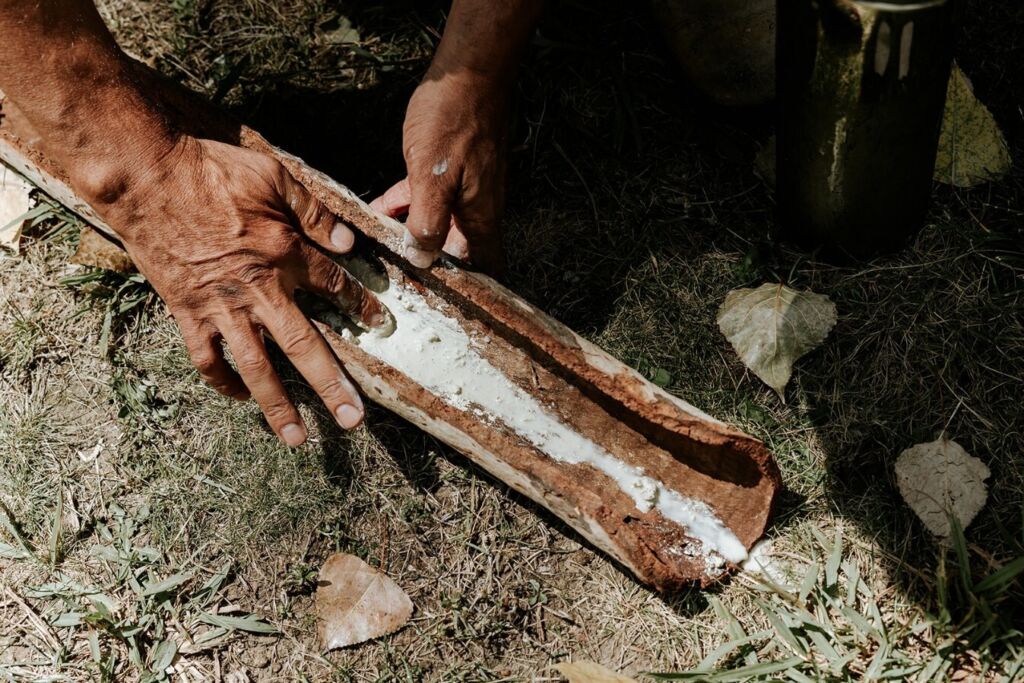It was a course requirement handed down by his school, Good Shepherd Lutheran College in Noosaville, Queensland, that redirected Burgmann alumnus Lachlan Deimel’s (2017) career trajectory—a course he admits he was reluctant to take.
'Throughout school, I always wanted to be a mathematician; I liked the elegance and cleanliness of mathematics,' says Lachlan of his earliest career plans. 'And in Year 12, I wanted to take mathematics, chemistry and physics, but the school forced me to pick up another subject, which ended up being biology—which, frankly, I was a bit apprehensive about.'
Lachlan was surprised to discover that he preferred the 'messiness' of biology, which didn’t have as clear and definable rules as maths.
'I ended up absolutely loving it. In juxtaposition to mathematics, biology is messy, chaotic and layered in so much opacity. I liked the muck and grime of it.'
After graduating from Good Shepherd Lutheran College in 2016, Lachlan was accepted into the Australian National University on a prestigious Tuckwell Scholarship to study a Bachelor of Philosophy (Honours).
Students pursuing a Bachelor of Philosophy (Honours) (PhB) are encouraged to explore their interests through one-on-one mentorship from world-class academics and by undertaking research projects.
Lachlan, realising he had only begun to explore his newfound love for biology, decided to make the most of his degree’s flexibility by completing stints in multiple labs. He emphasises that this period of exploration was crucial in leading him to his ultimate career path.
'I was deliberate and proactive throughout my undergrad in trying a bunch of different things. As a PhB student, I got my hands dirty in a bunch of labs. I did stints in bacteriology, malaria, cell biology, clinical genetics, even functional ecology.
'But ultimately it was my time at the John Curtin School of Medicinal Research [JCSMR] in the laboratory of Associate Professor Charani Ranasinghe that really instilled a sense of fascination for immunology and vaccine immunology, and the impact it can have on public health. My time at JCSMR was pivotal for me.'
The proximity of Burgmann College to the medical school was an influential factor in Lachlan’s decision to live at Burgmann, but he was quickly drawn in by its diverse residents and communal feel, too.
'I had a fun time at Burg. It was an intense year in many ways—fresh out of high school, thrown into a new city, with the intensity not just of university but adult life. It was a year of a lot of personal development that was absolutely aided by the safety and supportiveness of the College environment,' he says.
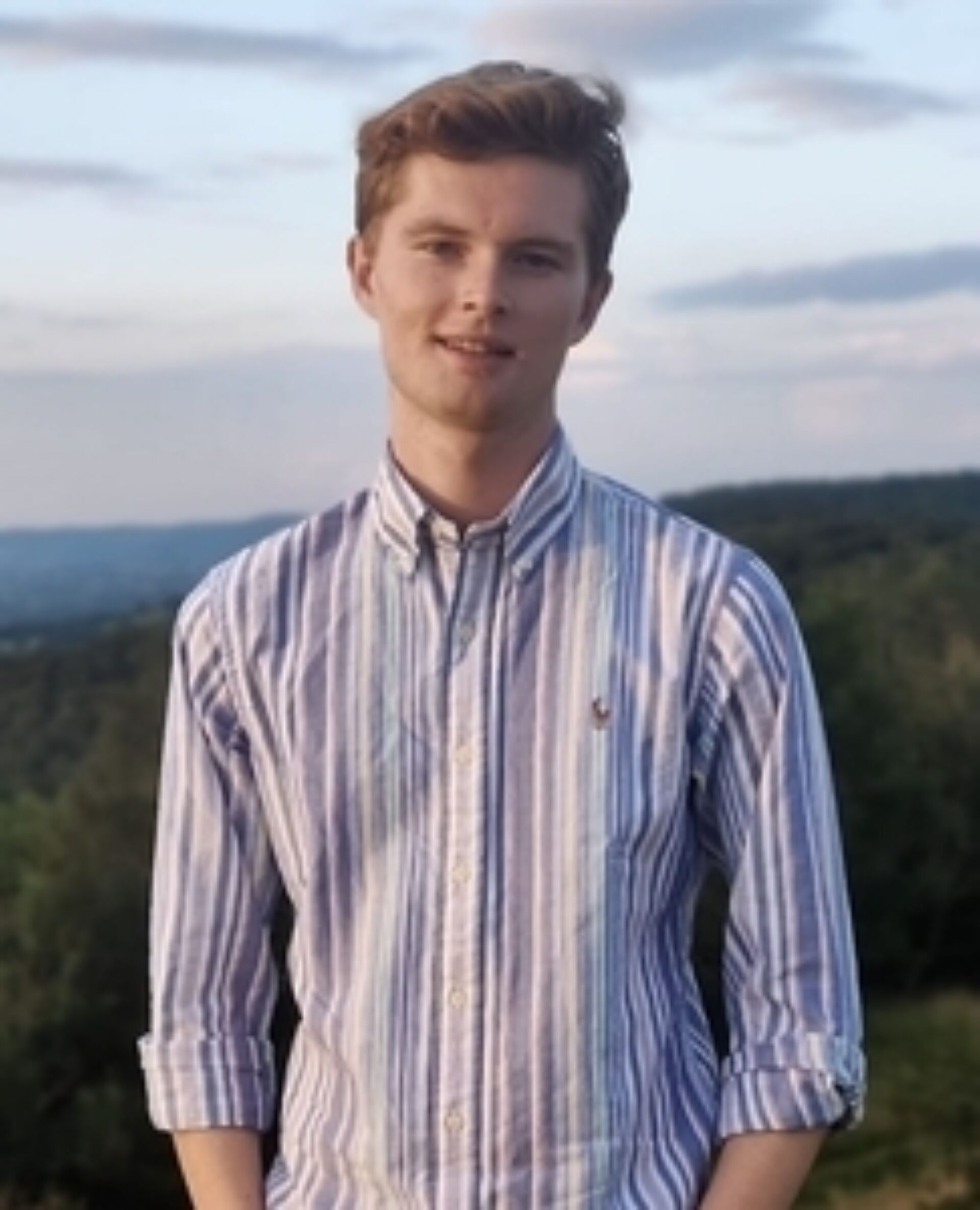
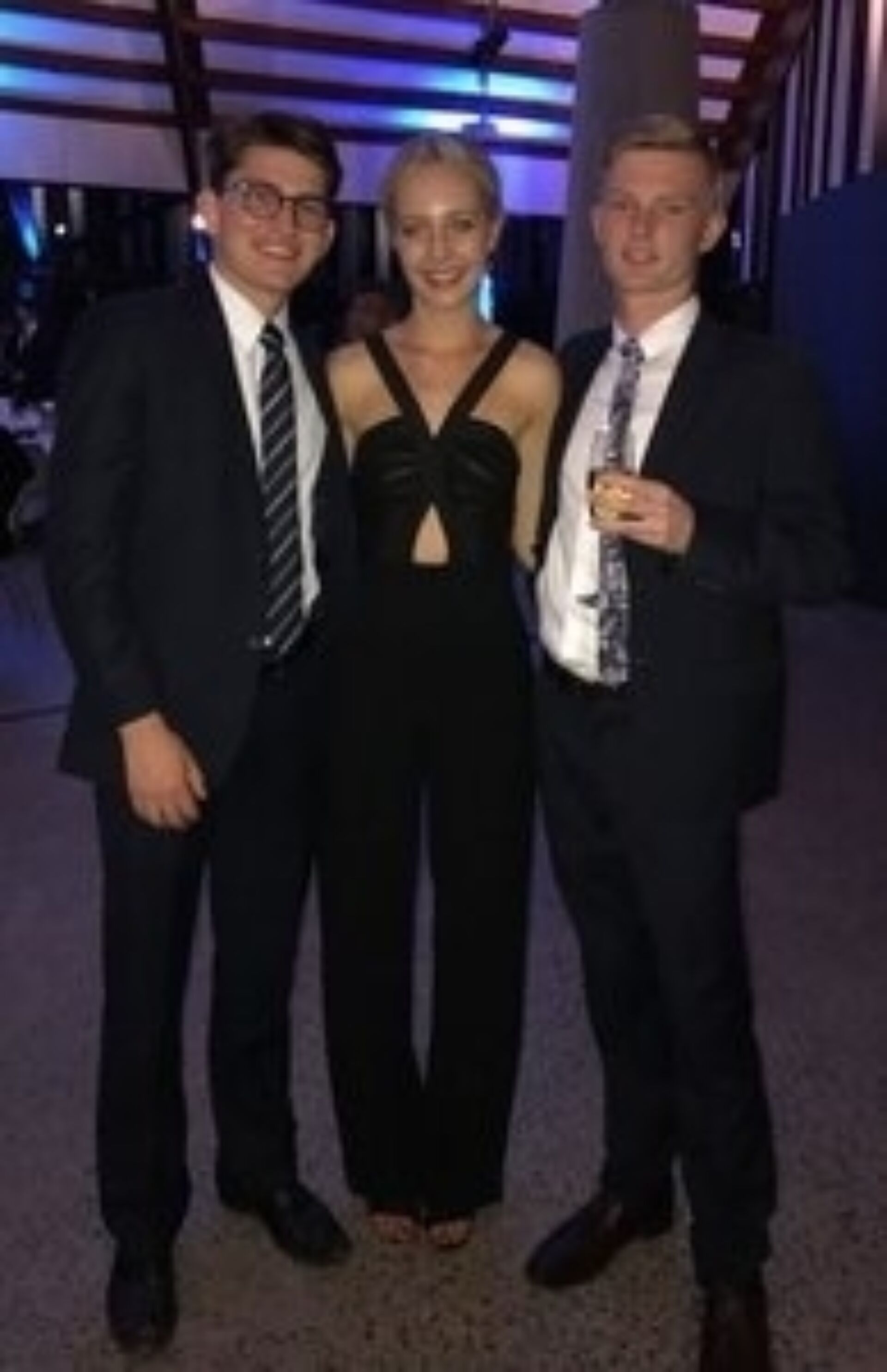
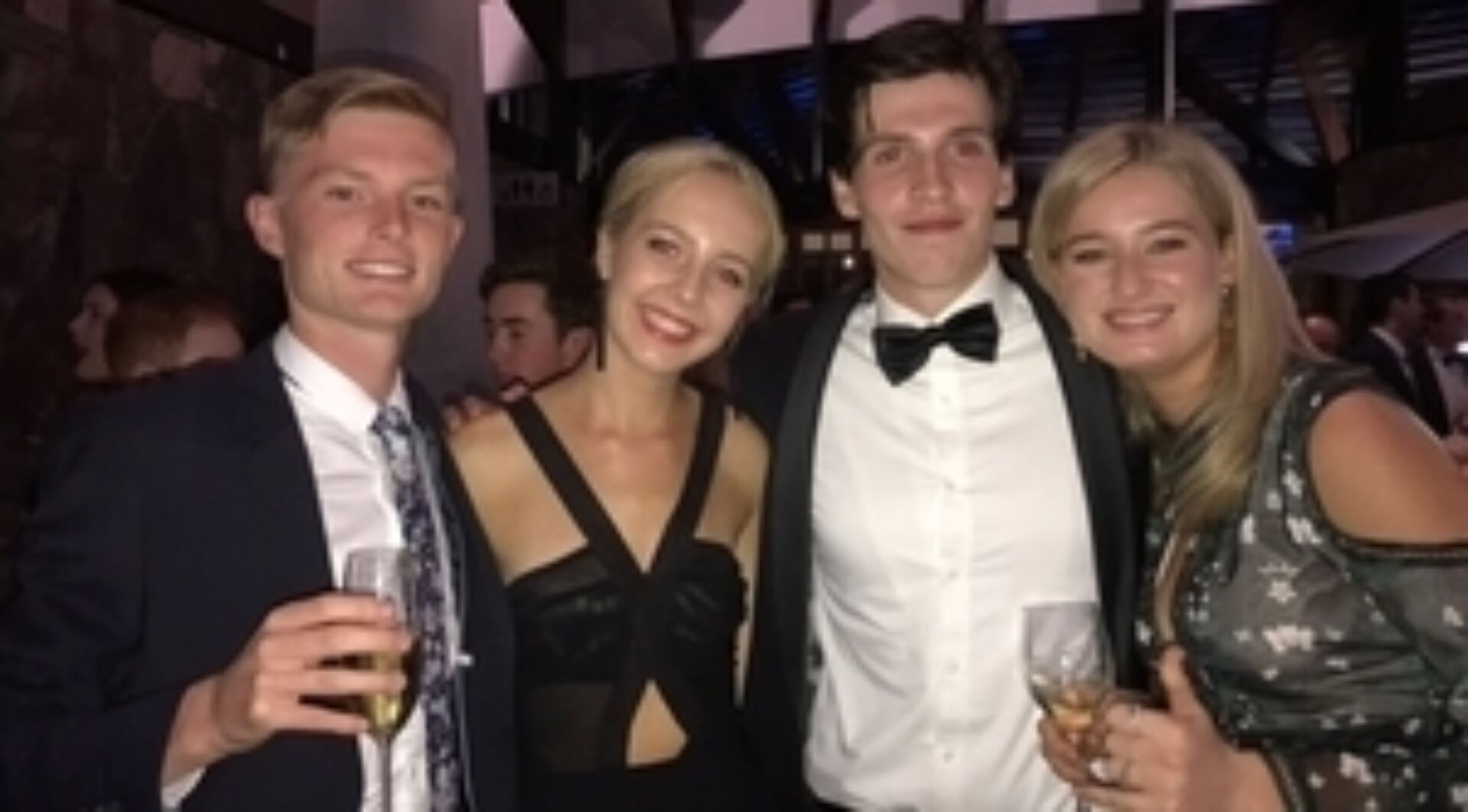
Looking back, Lachlan says there are 'so many' good memories of living at Burgmann, but his most-cherished memory is simply communing with other residents at mealtimes.
Maybe this sounds banal, but I liked being able to walk into the dining hall and sit with such welcoming and smart young people with massively diverse life experiences, different academic interests, and just have thoughtful and broad-ranging conversations,' he recalls.
By mid-2020, Lachlan had completed his Bachelor of Philosophy in Immunology and Virology and received the highly coveted Clarendon Scholarship to pursue a Doctor of Philosophy in Immunology/Vaccinology at the Sir William Dunn School of Pathology at the University of Oxford in England. He successfully defended his dissertation in August 2023.
Within months of completing his studies at Oxford, Lachlan joined the Nussenzweig Laboratory at Rockefeller University in New York as a Postdoctoral Associate.
The Nussenzweig Laboratory, led by Dr Michel C. Nussenzweig, 'Studies the molecular aspects of adaptive and innate immune responses with a focus on HIV-1 and SARS-CoV-2'; a perfect fit for Lachlan’s research.
'You might have noticed that after getting a vaccination, often your lymph nodes in your neck and under your arm swell up?' Lachlan says. 'What’s happening is that immune cells are recruiting to those lymph nodes, where they try to figure out how to make the most effective, pathogen-killing antibodies possible—and it’s these antibodies that protect us from future infection, too.
'When this works—like for SARS-CoV-2, smallpox, measles, etc.—we can avoid further public health disasters. But for some pathogens like HIV-1, current vaccination efforts aren’t yet able to prevent disease.
'I’m interested in the fundamental molecular mechanics that dictate why the immune system manages to make good antibodies for some bugs, but not others. I want to see if we can leverage these mechanics to make vaccines against these more-challenging pathogens.'
Lachlan encourages current students to seek many types of opportunities to help them gain clarity on their career direction, and offers this advice to budding scientists:
'The number one asset and edge you can give yourself as an undergrad is experience in a lab. Cold email professors whose work seems interesting, ask to do a project in their lab, and simply pursue scientific questions you find interesting. This gives you invaluable technical experience and will make you so much more valuable and competitive down the line.'
Lachlan says he enjoys keeping up with fellow Burgmann alumni, including friends at Oxford and in New York. 'Some of my closest friends were at Burg with me, and we catch up often. There are Burgies all over the world!'
Connect with Lachlan on X to follow his latest research and science news, or reach out to the Burgmann Advancement Office to ask for assistance in reaching out to Lachlan via email.
